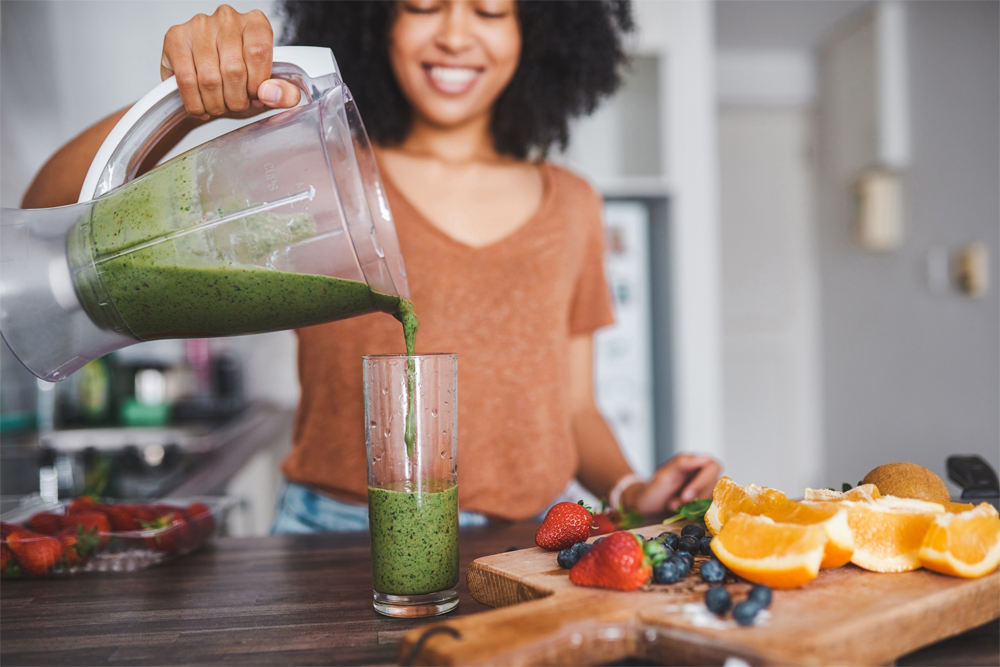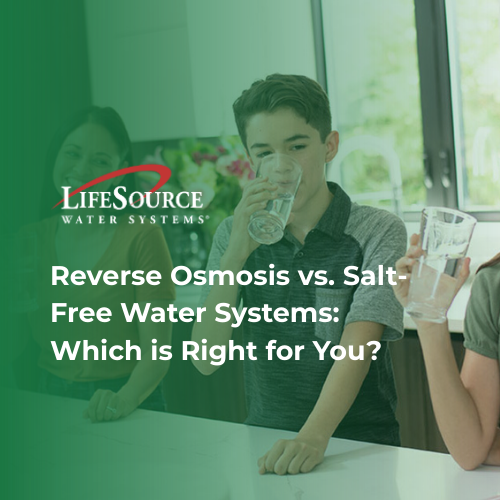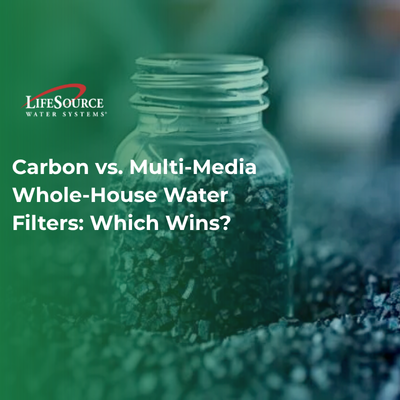
5 Tips to Help You Stay Healthy
Your immune system is made up of cells and organs all working together to defend against unknown invaders that could make you sick, called antigens. Antigens include germs, viruses and parasites. B cells and T cells are white blood cells (called Lymphocytes) that make up your immune system’s search and destroy team. Your B cells form new blood proteins, called antibodies. Antibodies disarm dangerous toxins and destroy harmful antigens. T cells (sometimes referred to as “killer cells”) work with antibodies to catch and kill antigens. When you’re sick, your immune system develops new antibodies to help you get better. After you recover, those new antibodies remain in your system, to defend against that same antigen should it ever return. Your body is constantly developing new antibodies to defend you against getting sick.
As amazing as your immune system is, it still needs a little help. It’s important to give your immune system the extra support it needs. Especially when you are stressed out or in a compromising environment - like extreme weather or traveling. Everything you eat, drink and do impacts your immune system's ability to do its job. Things like dehydration, lack of sleep or a poor diet can weaken your immune system.
Supporting your immune system also includes practicing good hygiene. Washing your hands regularly and resisting the urge to touch your face will help prevent germs and viruses from entering the body.

First things first: drink more water. Water is essential to everything your body does, including your immune system. Our immune system needs water to produce Lymph - a fluid made up of water, proteins and white blood cells. Lymph circulates through your body, collecting harmful bacteria (antigens) and carrying them back to your lymph nodes (small glands located at various points throughout your body). Your lymph nodes are able to kill most harmful bacteria and protect you from infection. Swollen lymph nodes are a sign of serious infection. Your kidney also needs water to help flush out toxins from your body. If you have trouble staying hydrated, try getting a fun water bottle or a home water filtration system to make drinking water easier and tastier. Drink filtered water and avoid diuretics (like coffee and alcohol) to keep your body properly hydrated.
Getting plenty of rest is crucial for staying healthy. Not getting enough sleep weakens your immune system and makes you more susceptible to getting sick. While you sleep, your body is busy restoring and healing. Your immune system produces and releases a protein called cytokines while you sleep. Cytokines are special proteins secreted by the cells in your immune system to help them communicate and respond to threats. The less sleep you get, the fewer cytokines are available to help regulate your immune responses. This is why when you do get sick, your body needs a lot of sleep. Getting a good 7 - 8 hours of sleep each night gives your immune system time to do its thing. If all else fails, try taking naps. A little power nap at lunch or before dinner goes a long way for your immune system.

We all know that the foods we eat impact things like our energy levels and weight. But food is also your source for many essential vitamins. Foods rich in vitamin C, D and zinc help support your immune system, by increasing antibodies and T cell function. Your body does not naturally produce vitamin C and zinc. Maintaining a balanced diet will help you naturally get the various nutrients and vitamins your body needs. So the next time you visit the grocery story, pick out vegetables and fruits that can help boost your immune system. Oranges are an easy way to get good dose of vitamin C. You can add carrots, sweet potatoes and other orange foods to the menu for more vitamin A. Vitamin D can be found in many fish and animal products. And nuts, seeds and beans are a way to get more zinc.
If you really want to help your immune system, you need to avoid alcohol. This is especially helpful advice when you feeling particularly vulnerable to getting sick. Alcohol has an adverse effect on your gut microbiome. The microorganisms in your gut are important for the health of our intestinal immune system. Excessive drinking has also been shown to damage and reduce the number of T Cells. Alcohol can also prevent you from getting a good night’s sleep. While you may want to unwind with a drink at the end of the day, that may not be the best decision for your immune system. Alcohol disrupts your circadian rhythm and has also been shown to reduce your rapid eye movement (REM) sleep. REM stimulates brain activity for learning and your ability to form memories.

Your mental state impacts your physical health. The more stressed you feel, the more likely you are to get sick. Have you ever gotten sick right after a big presentation is done? Or do you tend to get sick right before big events? When you feel stressed out, your body starts to release a stress hormone called cortisol. Cortisol can lower the amount of lymphocytes (T cells and B cells necessary for producing antibodies and fighting infection) in your immune system. Cortisol also suppresses the amount of energy your body spends on nonessential body functions, like your immune and digestive systems. This leaves you more susceptible to getting sick. You’re also more likely to eat unhealthily and get less sleep when stressed. Both of which negatively impact your immune system.
Did you notice how all these tips for a healthy immune system are also great life advice? Supporting your immune system supports your overall health and wellness. Take care of yourself. You are your immune system’s first defense.








